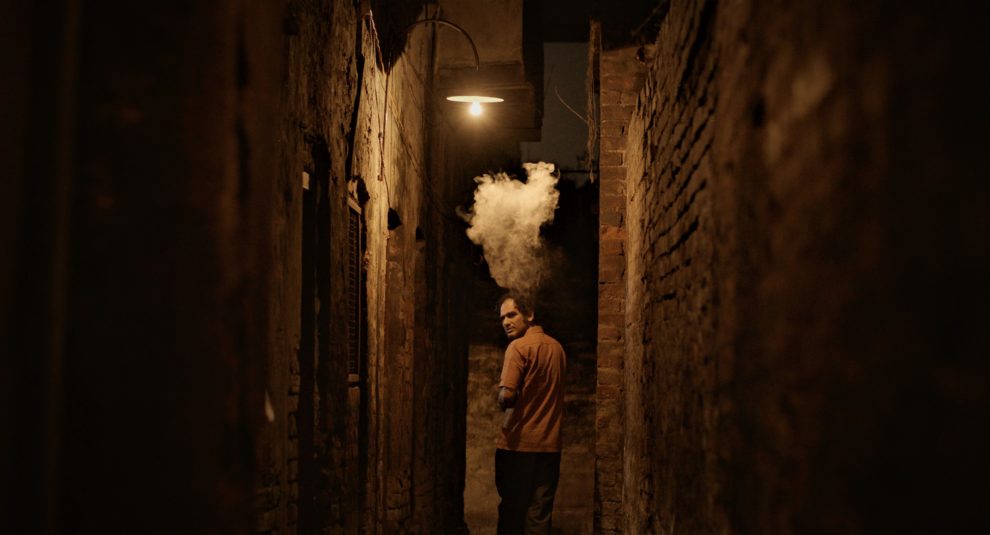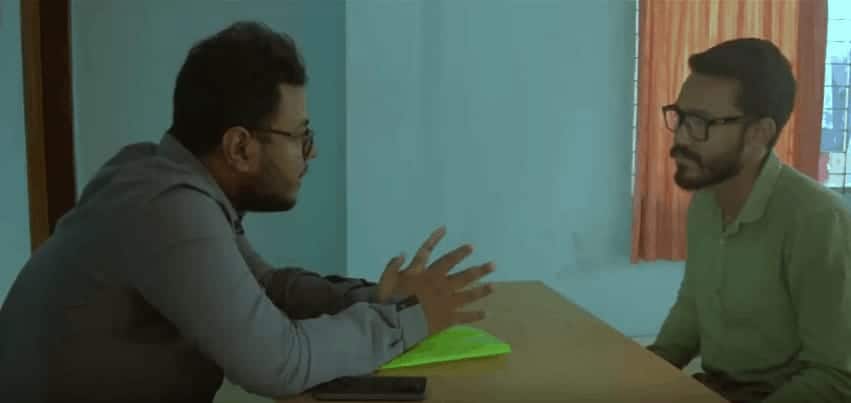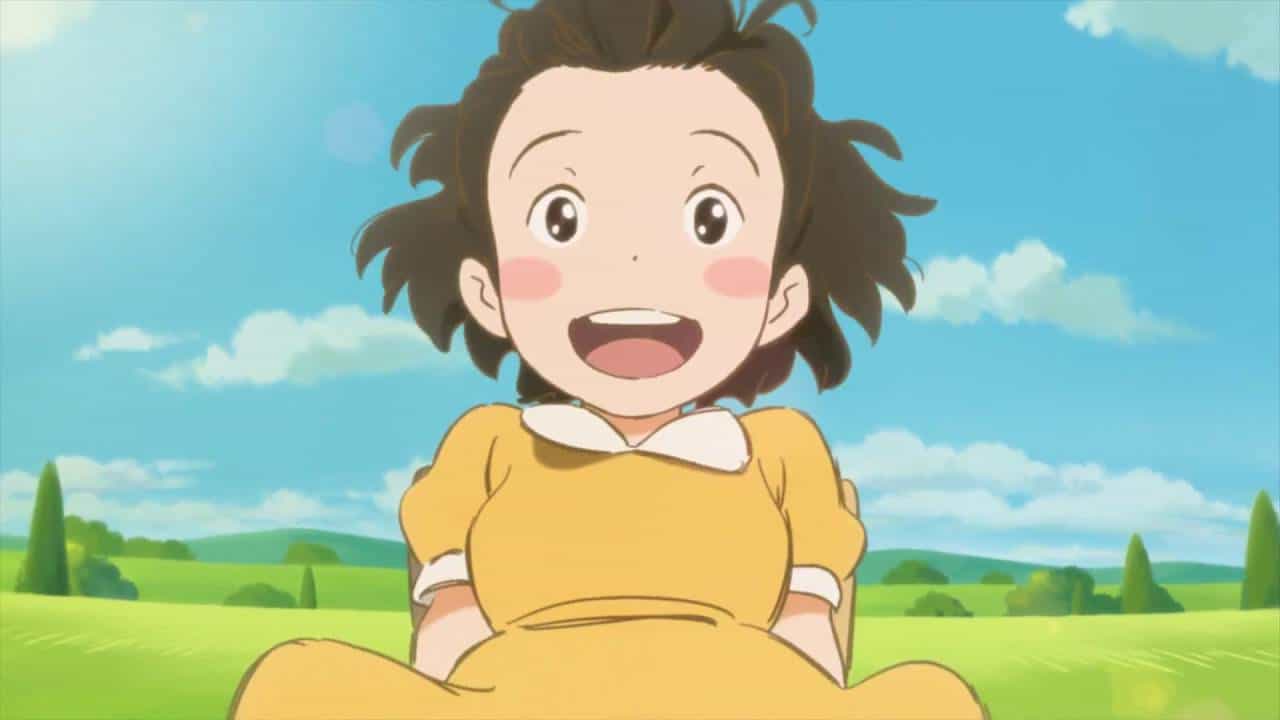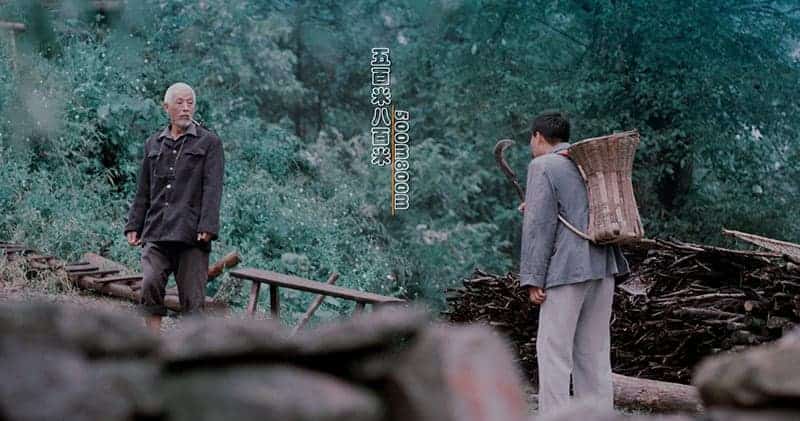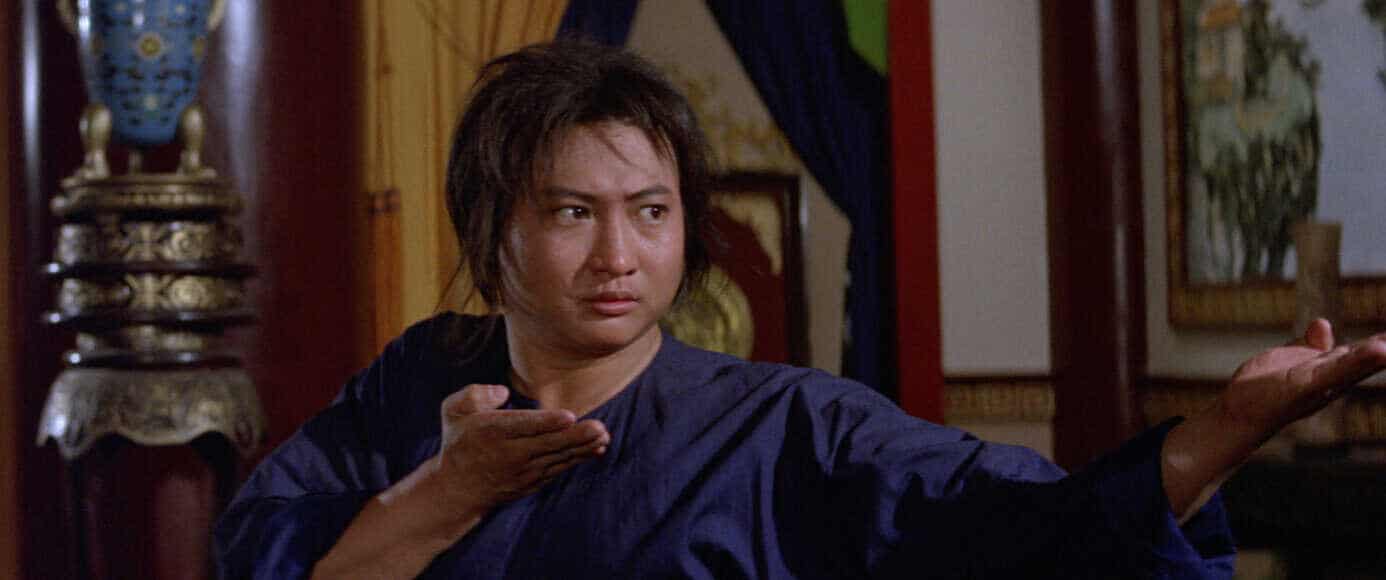Winner of the Aravindan Puraskaram award, special mention jury award as best debutant director in Kerala while and an official selection in Kolkata International Film Festival, “The Eternal” (Ananta) is an intriguing film that focuses on the loneliness people feel for a number of reasons and the ways the use in order to overcome it.
“The Eternal” review is part of the Submit Your Film Initiative
The story revolves around Suvo, a man in his 40s who seems to have given up after his mother's death, living off the meager rents he receives from the apartment building he owns, and having only one friend who keeps “pestering” him with ideas to earn more money. Mistu is a young woman who teaches in a primary school, but her life is also in shambles. Her mother has also died and her alcoholic father torments her in various ways, one of which is pressuring her to marry a man he has arranged for her. At the same time, her work in the school is utterly unsatisfying with her essentially being indifferent to it, as much as towards her whole life. To escape, she frequently puts her headphones on and imagines an idyllic location with a river, one she has never actually reached though. One day, Suvo and Mistu meet in the stairs, and the former starts waiting for her everyday in order to talk with her, with the latter also eventually opening up. Is this reality though?
Abhinandan Dutta has obviously studied the cinema of Wong Kar-wai intently, with the meetings on the stairs, the various gazes of the two outside the building and the way he uses music in those reminding intently of the Hong Kongese auteur, as much as the cinematography by Mrinmoy Nandi and the overall coloring. The same applies to the permeating melancholy that dominates the narrative, which, however, has its roots in poverty, familial issues and loneliness, with their presentation being the element that makes the movie distinctly Indian/Bengali, setting it apart from WKW's masterpiece.
Also of note is the way Dutta creates a setting of hopelessness, where people find solace only in their dreams and fantasies, while showing how worse women's situation is in India, even in these situations, through the juxtaposition of the two protagonists. In that fashion, although both have lost their mothers, Suvo is alone but is essentially free to live his life, even if for various reasons he cannot do so, while Mistu is still bound by the clutches of patriarchism, having to deal with a useless father who ruins her life everyday. Dutta gives some sort of hope, through her dreams and the meeting in the stairs, but this hope does not last for long, with the permeating pessimism cemented in the finale, which once more, highlights Mistu's worse position in the most shocking but also eloquent fashion.
The movie, however, does not focus on specific events, but instead tries to present the mentality of the two protagonists, not so much with dialogue, as through their thoughts, dreams, meaningful silences and gazes, and the way other people interact with them. This aspect emerges as quite intriguing, but at the same time, it makes the whole approach somewhat dull on occasion, particularly because Dutta lingers in some repetitive scenes, such as the ones in the stairs, and the ones in Mistu's dreams a bit too much, even if the latter offer a much needed relief from the bleakness of the reality presented here. The ending compensates to a point, but the lingering also applies to this part.
The acting, on the other hand, is in perfect resonance with the overall aesthetics. Ritwik Chakraborty as Suvo is excellent in presenting the mentality of a broken man who eventually turns into something resembling a stalker, while Sohini Sarkar as Mistu highlights her apathy, lack of resolve and conformity to her situation in the most eloquent way.
“The Eternal” has its faults, and the fact is that some more trimming would definitely benefit the movie as a whole. On the other hand, Dutta shows that he has both an eye for composition and knows how to create an imposing atmosphere, which is what makes “Ananta” a movie that definitely deserves a watch, particularly from art-house fans.


